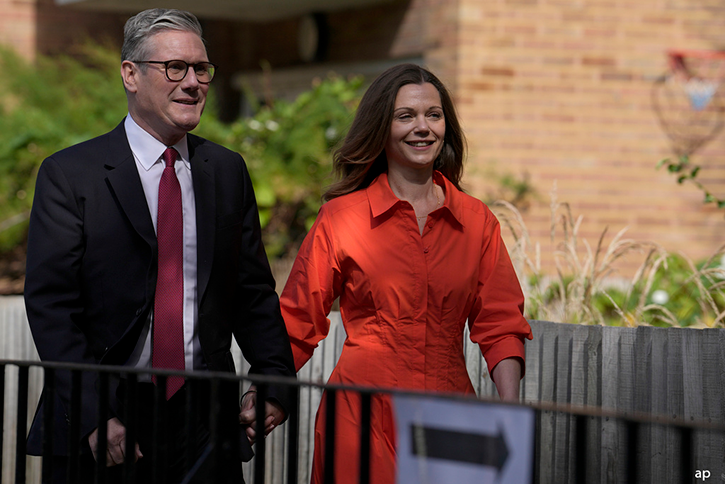
Inheritance tax bands have been adjusted upwards in recent years but they have failed to keep up with house price inflation. Pensions, unlike property, can be inherited tax-free, meaning savers are increasingly looking to pass on their policies.
Company pension schemes, whether defined benefit or defined contribution, have different rules about who can inherit in the event of a scheme member’s death – and how much can be passed on to the next generation. One common misconception is that all inherited pensions, whether cash that has been drawn down, an unused pot or an annuity, are all tax free. If a pension scheme member dies before they are 75, this is generally the case.
If you are in any doubt about the complexity of pensions and estate planning, consult a professional financial adviser or planner.
Children Can Inherit a Pension
Another misconception regarding passing on a pension is that the spouse is the only person who can inherit their partner’s pot. Children can be named as beneficiaries for pensions and this is often used as part of estate planning. Ensure that your beneficiary form is up-to-date: research by Royal London shows that more than 750,000 people have not updated theirs, so that ex-wives and ex-husbands could benefit unintentionally.
Pension trustees, in the absence of a beneficiary form or up-to-date information, often use wills to guide them in the event of a scheme member’s death. It is important to update your will every time you have a life-changing event, such as divorce, bereavement or the birth of children or grandchildren.
Without a beneficiary form or surviving spouse, trustees must use their discretion to guide them when considering whether to pay out to children. They often look for evidence of “financial dependency” such as a joint bank account.
Retirees: Take Note
With the advent of pension freedoms, many savers have chosen to take a 25% lump sum from their pot. However, advisers warn if any of this withdrawn money is left over when you die it may be inheritance taxed. Money left within the pension scheme is not subject to tax if you die before 75. If you die older than 75, the person who inherits it must pay tax at their marginal rate.
While it is difficult to predict how long you will live, advisers recommend an ISAs first policy. Using tax treatment as a guide, people are advised to spend their ISA investments and cash holdings to fund retirement before dipping into pensions. As people approaching retirement can often have substantial pension pots,
The Government hopes that the launch of the pensions dashboard in 2019, which allows people to see all of their retirement savings in one place, will encourage people to think of their pensions as part of their overall financial plan at a much earlier stage of their life.




























